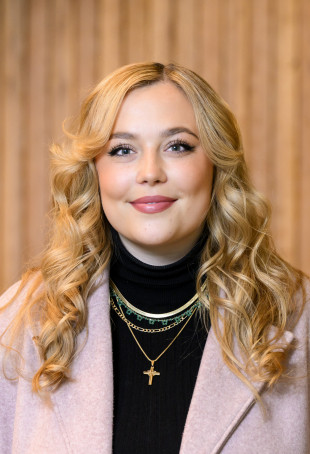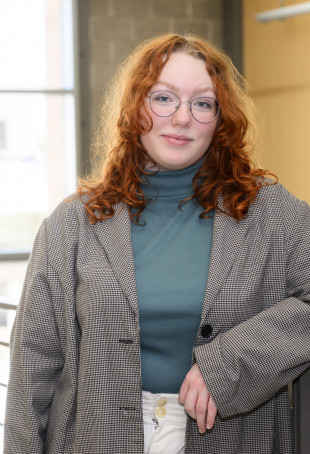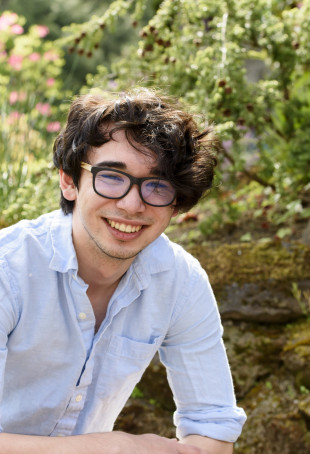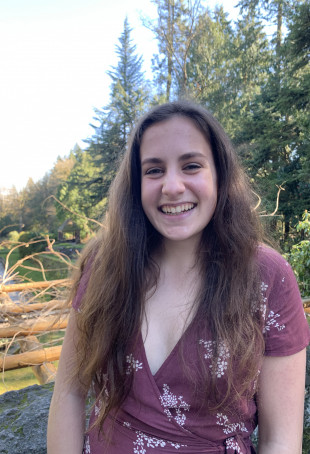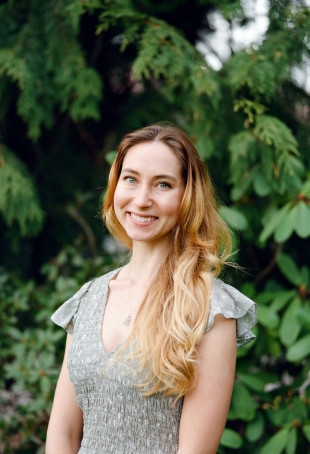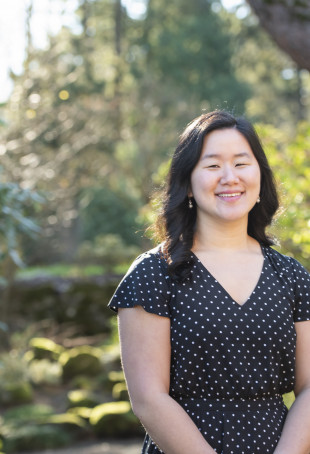- <a href="/live/image/gid/74/width/650/86402_International_Affairs_main_image_2.jpg" class="lw_preview_image lw_disable_preview" tabindex="-1"><picture class="lw_image lw_image86402"> <source type="image/jpeg" media="(max-width: 500px)" srcset="/live/image/gid/74/width/500/height/479/crop/1/86402_International_Affairs_main_image_2.rev.1607454030.jpg 1x, /live/image/scale/2x/gid/74/width/500/height/479/crop/1/86402_International_Affairs_main_image_2.rev.1607454030.jpg 2x, /live/image/scale/3x/gid/74/width/500/height/479/crop/1/86402_International_Affairs_main_image_2.rev.1607454030.jpg 3x"/> <source type="image/jpeg" media="(min-width: 501px)" srcset="/live/image/gid/74/width/720/height/690/crop/1/86402_International_Affairs_main_image_2.rev.1607454030.jpg 1x, /live/image/scale/2x/gid/74/width/720/height/690/crop/1/86402_International_Affairs_main_image_2.rev.1607454030.jpg 2x, /live/image/scale/3x/gid/74/width/720/height/690/crop/1/86402_International_Affairs_main_image_2.rev.1607454030.jpg 3x"/> <img src="/live/image/gid/74/width/720/height/690/crop/1/86402_International_Affairs_main_image_2.rev.1607454030.jpg" alt="Faculty members in International Affairs—like Joseph M. Ha Associate Professor of International Affairs Elizabeth A. Bennett—love mee..." width="720" height="690" srcset="/live/image/scale/2x/gid/74/width/720/height/690/crop/1/86402_International_Affairs_main_image_2.rev.1607454030.jpg 2x, /live/image/scale/3x/gid/74/width/720/height/690/crop/1/86402_International_Affairs_main_image_2.rev.1607454030.jpg 3x" data-max-w="3200" data-max-h="3066" loading="lazy"/> </picture> </a><div class="hero-split_image_caption collapsable-caption"> Faculty members in International Affairs—like Joseph M. Ha Associate Professor of International Affairs Elizabeth A. Bennett—love meeting with students during office hours.</div>
International Affairs
Students who major in international affairs examine the political, military, economic, legal, and cultural relations involving states, nations, international organizations, and nongovernmental organizations (NGOs) to understand how those relations affect the prospects for conflict and cooperation. Earn a bachelor’s degree while gaining a deep knowledge of the dynamics of our rapidly changing world.
Why Choose a Degree in International Affairs?
Global technologies, threats to international security, fundamentalist movements, and mounting tensions between nations, regions, and factions mean that the study of international affairs is more relevant than ever. Unlike many other international relations programs, we offer such a robust range of courses and opportunities that we warrant our own dedicated department.
What You’ll Study
Though the scope of our coursework is broad, we emphasize foreign policy, national security, international law and organizations, international economic relations, social justice and transnational advocacy, human rights, and development in the global south. We also believe in collaborating with students on research projects—whether through classes during the academic year, a paid humanities research summer program, or both—and helping them find and secure internships in Portland and beyond. Many of our students earn course credit while on an overseas program.
Outside the classroom, the annual International Affairs Symposium is organized by a committee of students with support from faculty and staff. This multiday interdisciplinary event concentrates on the most pressing themes and topics in international relations today through a series of debates.
Complement Your Education With One of These Minors
The most popular minors for our international affairs majors are German studies, Middle East and North African studies, and political economy.
What Students Are Saying About Lewis & Clark
- Alie Cicero BA ’24
My two mentors are Professors Bob Mandel and Therese Augst. They work with me to find interesting opportunities to further my education, challenge me, boost my confidence and comfort in classes, and help me feel part of the L&C community.
International Affairs, German (double) | Arcadia, CaliforniaMore about Alie - Jade Weihz BA ’23
I love the class discussions and debates in international affairs because there are a lot of intelligent, but vastly different, opinions that come up. It’s very rousing and educational.
International Affairs | Middle East and North African Studies | Phillipsburg, New JerseyMore about Jade - Jason Kowalski BA ’23
I’m studying international affairs because I want to make a real difference in the world and try to help people. I added art history as a second major because I genuinely love art appreciation, going to museums, and learning the stories behind works.
International affairs and art history (double) | Vancouver, WashingtonMore about Jason
What Can You Do With a Degree in International Affairs?
Our alumni use their BA in international affairs to pursue a wide range of careers in academia, government, journalism, nonprofits, public service, and beyond. Some of our alumni have been awarded competitive fellowships and scholarships, like the Rangel and Rhodes, and many go on to pursue advanced degrees.
Dedicated Faculty
Our expert professors are your expert mentors. You will learn directly from faculty (no graduate assistants here!) that are nationally recognized in their fields of study and who love to work with and learn from their students. Your professors will inspire you to be a thoughtful and passionate participant in a diverse world. Your small classes will support you as you explore new ideas, find your voice, and speak your truth.
- 47
U.S. states represented in our undergraduate student body
- 15%
first-generation students at Lewis & Clark College
- Top
Lewis & Clark earned a spot on Princeton Review’s 2024 “Best Colleges” list.
- Equity
We are the only liberal arts school in Oregon on Colleges of Distinction’s “Best Equity and Inclusion” list for 2023–24.
- 10%
of our students are from countries other than the U.S.
Invest in Yourself
A private liberal arts education is often more affordable than you think. Last year, Lewis & Clark distributed over $74 million in assistance from institutional, federal, state, and private sources. Additionally, we’re so confident that our first-year students will graduate with their bachelor of arts degree in four years that if you don’t, we’ll cover the extra semester of tuition.
Find Your People
The Meridian is an annual publication dedicated to providing a forum for student views on international and cross-cultural issues. Model United Nations is a student club that concentrates on the workings of the United Nations, as well as research on various countries and their foreign policies.
Where Lewis & Clark Will Take You
- Etta Moen BA ’21
I started looking for opportunities in the nonprofit sector and found an internship with Blanchet House of Hospitality, which serves the houseless community in Downtown Portland.
International Affairs and Hispanic StudiesMore about Etta - Ana Sundvall BA ’21
During my time at Lewis & Clark, I found strength through outdoor opportunities, love and admiration for Classics, and a drive for international development and cross-cultural work. I am grateful that I was able to extend those passions to post-grad careers and opportunities. I would not be who I am without my undergraduate experiences at Lewis & Clark.
Classics and International Affairs (double) | Boulder, ColoradoMore about Ana - Sarah Lind-MacMillan BA ’22
I am interning abroad at the U.S. Embassy in Bangkok, Thailand, supporting the work of the Political Affairs section covering issues ranging from elections and democracy to human rights and trafficking in persons. Next, I will head back to Washington, DC to begin my graduate program in Asian Studies at Georgetown University.
International AffairsMore about Sarah
Featured News
International Affairs Symposium Focuses on Control
The 62nd annual Lewis & Clark International Affairs Symposium is one of the oldest student-run symposia in the country. This year’s event, which runs from April 8 to April 10, is titled Strings Attached: Tracing the Global Systems That Bind.

